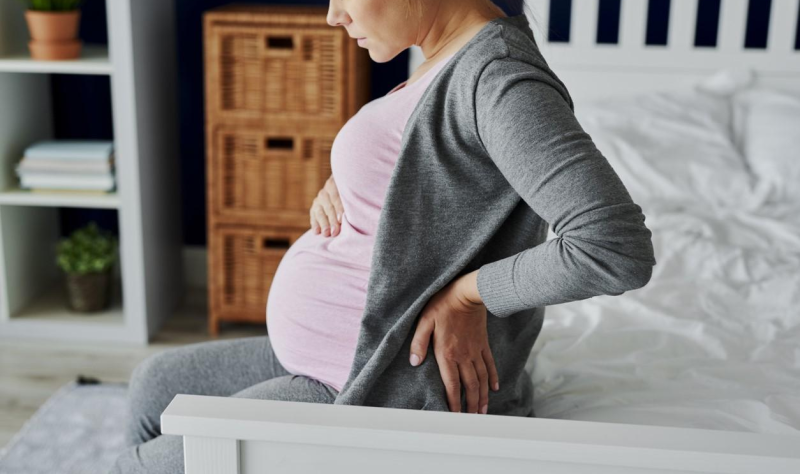Shanghai retailers prepare for shopping spree as Covid restrictions ease


Shanghai’s shoppers flocked back to stores for the first time in two months as the city’s struggling retailers prepared for a rebound in demand following the easing of lockdown measures.
Customers queued at shopping malls and pedestrians took to streets that had been deserted for months after officials relaxed some of the most extensive lockdown measures in China since the start of the pandemic.
The closure of Shanghai, which formally began on March 28 and confined most of the city’s 25mn residents to their homes for weeks, reaffirmed the government’s commitment to a zero-Covid strategy that aims to eliminate cases through lockdowns, mass testing and quarantine.
But the severity of measures across Shanghai and other Chinese cities to combat an outbreak of the highly infectious Omicron variant has led to a sharp economic slowdown. Beijing is now under pressure to address a decline in consumer spending, rising unemployment and mounting pressure on small businesses.
Retail sales, the country’s main measure of consumer activity, fell 11 per cent in April from a year earlier — the sharpest decline in more than two years — and the impact of Shanghai’s tentative reopening measures on confidence is uncertain given the prospect of further infections.
Adam Cochrane, an analyst at Deutsche Bank Research, said the rebound in Chinese consumption would not be as strong as it had been in 2020. “The severity of the lockdowns combined with ongoing uncertainty on the future Covid policy is likely to make consumers more nervous,” he said.
Shops will reopen at 75 per cent capacity while other businesses, including some restaurants, remain closed. Residents who live in compounds that have recently registered cases will also remain locked down and have to take PCR tests every 72 hours in order to use public transport.
“Traffic is coming back gradually — [but] people are concerned [about] being tested positive,” said Luca Solca, an analyst at Bernstein. “Hence they are limiting their visits to public places.”
A coffee shop owner in Shanghai’s Huangpu district surnamed Pei told the Financial Times that she had not stopped brewing coffee since reopening at 9am, having received the notice from local business officials on Tuesday evening. “It’s all too sudden,” she said. “I haven’t adjusted my body clock yet.”
Chinese social media users have vowed to go on spending sprees after lockdown, with one list of restaurants, labelled the “Shanghai revenge eating and drinking playbook”, going viral.
In a post on the microblogging site Weibo, the user Shanghai Hot Information — who has more than 1mn followers — shared images of customer queues outside Hermès, Céline and Dior stores in the city’s high-end shopping centre Plaza 66.
Another user, Yilian Fengyue Xian, said she had bought four cups of bubble tea in what she called “revenge bubble tea drinking”.
Although many physical stores have reopened, a recent emphasis on online shopping showed signs of persisting with the start of the country’s second-largest ecommerce shopping festival, known as “618”. JD.com, a Chinese ecommerce company, said sales of technology brands including Xiaomi, Lenovo, Apple and Huawei had exceeded Rmb100mn ($15mn) within 10 minutes of opening on Tuesday.
Additional reporting by Wang Xueqiao



.jpg)